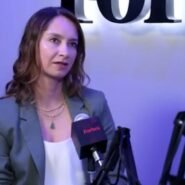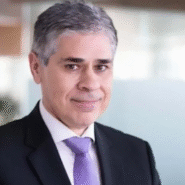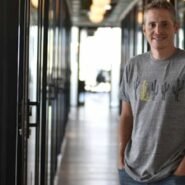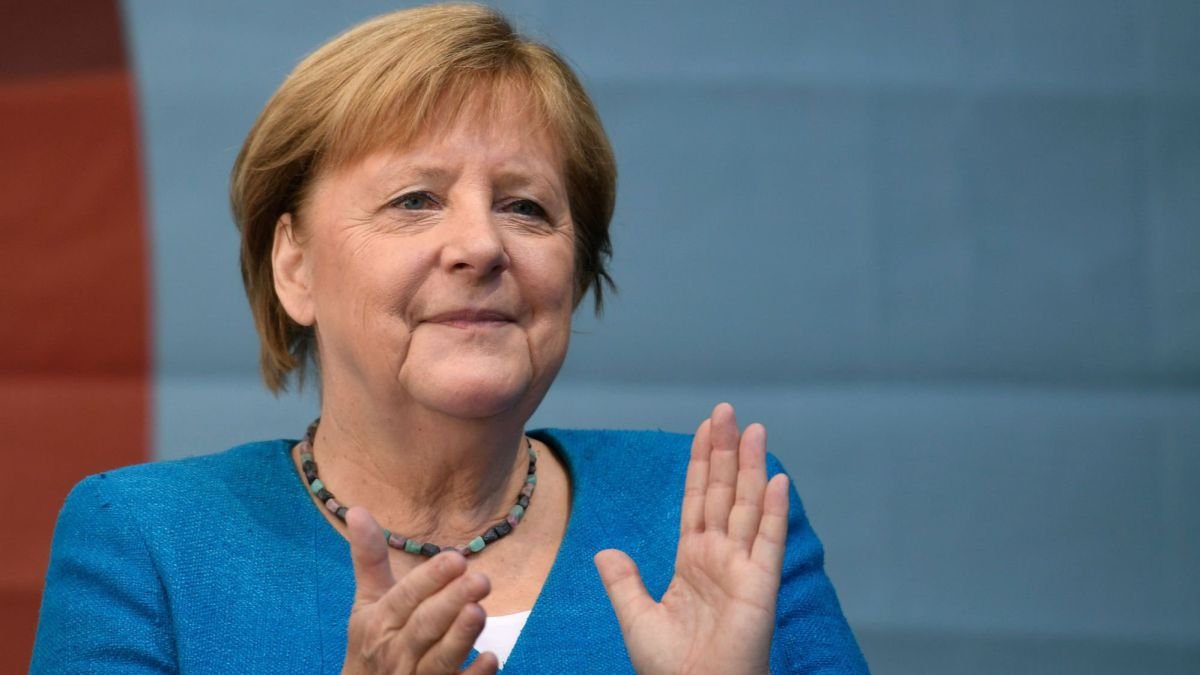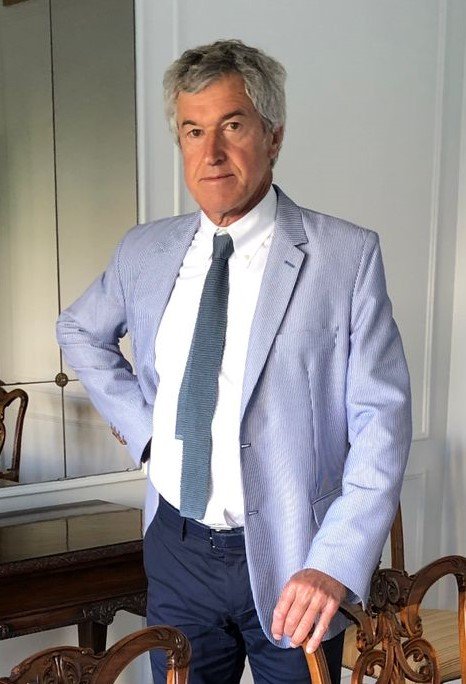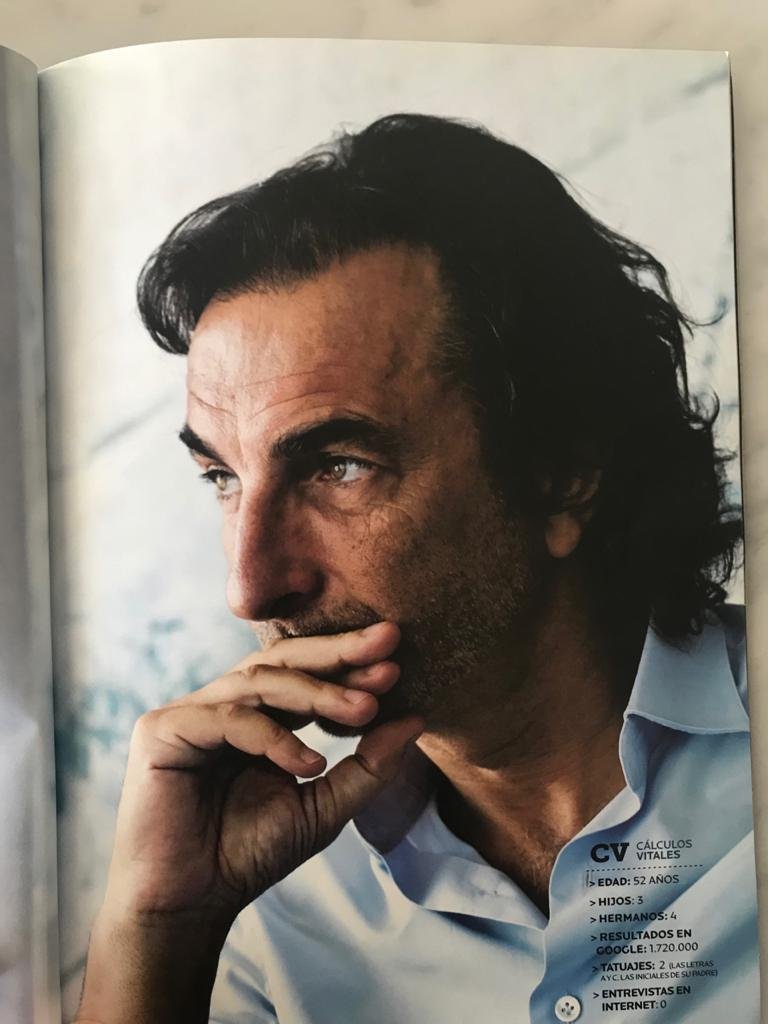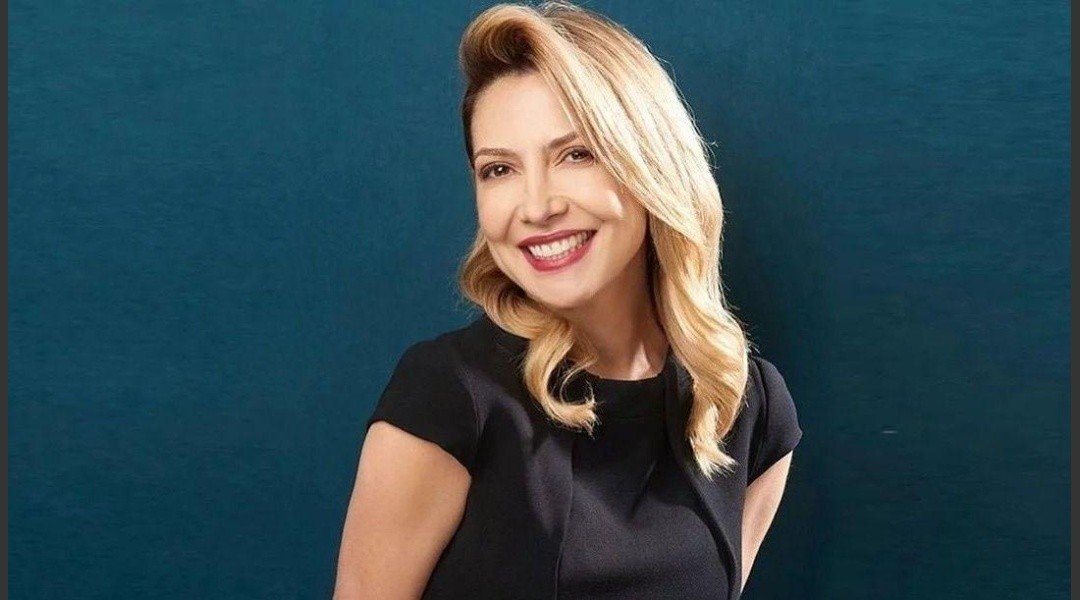Angela Merkel is a German politician and scientist who served as Chancellor of Germany from 2005 to 2021. She served as Leader of the Opposition from 2002 to 2005 and as Leader of the Christian Democratic Union (CDU) from 2000 to 2018. Merkel was the first woman Chancellor of Germany. During her time as Chancellor, Merkel was frequently referred to as the de facto leader of the European Union (EU) and the most powerful woman in the world.
Life story of Angela Merkel
Merkel was born in Hamburg, in what was then West Germany, and moved to East Germany as a child when her father, a Lutheran clergyman, was assigned a pastorate in Perleberg. She earned a doctorate in quantum chemistry in 1986 and worked as a scientific researcher until 1989. Merkel entered politics in the wake of the 1989 revolutions and briefly served as deputy spokesperson for the first democratically elected government of East Germany, led by Lothar de Maizière.
After German reunification in 1990, Merkel was elected a member of the Bundestag for the state of Mecklenburg-Vorpommern. As a protégé of Chancellor Helmut Kohl, Merkel was appointed Minister for Women and Youth in 1991, and later became Minister for the Environment, Nature Conservation and Nuclear Safety in 1994. After the CDU lost the 1998 federal elections, Merkel was elected CDU General Secretary, and later became the first woman to lead the party and the first female Leader of the Opposition two years later, following a donation scandal that ousted Wolfgang Schäuble.
Political career
Following the 2005 federal elections, Merkel was appointed to succeed Gerhard Schröder as Chancellor of Germany, leading a grand coalition formed by the CDU, its Bavarian sister party the Christian Social Union (CSU), and the Social Democratic Party of Germany (SPD). Merkel was the first woman elected Chancellor and the first Chancellor since reunification who had grown up in the former East Germany.
In the 2009 federal elections, the CDU won the largest share of the vote and Merkel was able to form a coalition government with the Free Democratic Party (FDP). In the 2013 federal elections, Merkel’s CDU achieved a landslide victory with 41.5% of the vote and formed a second grand coalition with the SPD, after the FDP lost all representation in the Bundestag. In the 2017 federal elections, Merkel led the CDU to become the largest party for the fourth time; she formed a third grand coalition with the SPD and was sworn in for an unprecedented fourth term as Chancellor on March 14, 2018.
In foreign policy, Merkel emphasized international cooperation, both within the EU and NATO, and the strengthening of transatlantic economic relations. In 2008, Merkel served as President of the European Council and played a central role in negotiating the Treaty of Lisbon and the Berlin Declaration. Merkel played a crucial role in managing the 2007–2008 global financial crisis and the European debt crisis. She negotiated the EU’s 2008 stimulus plan, focused on infrastructure spending and public investment to counter the Great Recession. Domestically, Merkel’s Energiewende program focused on Germany’s energy future, aiming to phase out nuclear power, reduce greenhouse gas emissions, and increase renewable energy sources.
Major issues during her chancellorship also included reforms to the Bundeswehr that abolished compulsory military service, healthcare reform, and her government’s response to the European migrant crisis of the 2010s and the COVID-19 pandemic in Germany. She served as the G7’s senior leader from 2011 to 2012 and again from 2014 to 2021. In 2014, she became the longest-serving head of government in the EU. In October 2018, Merkel announced she would step down as CDU leader at the party convention and would not seek a fifth term as Chancellor in the 2021 federal elections.
Religion
Merkel speaking at the German Evangelical Church Assembly in 2011 in Dresden
Angela Merkel is a Lutheran member of the Evangelical Church in Berlin, Brandenburg and Silesian Upper Lusatia (in German: Evangelische Kirche Berlin-Brandenburg-schlesische Oberlausitz – EKBO), a united Protestant church body (i.e., both Reformed and Lutheran) under the umbrella of the Evangelical Church in Germany (EKD). The EKBO is a church of the Union of Evangelical Churches. Before the 2004 merger of the Evangelical Church in Berlin-Brandenburg and the Evangelical Church in Silesian Upper Lusatia (both also part of the EKD), she belonged to the former. In 2012, Merkel said of her faith: “I am a member of the Evangelical Church. I believe in God, and religion is also my constant companion, and has been throughout my life. We as Christians especially should not be afraid to stand up for our beliefs.” She also publicly stated that Germany does not suffer from “too much Islam” but rather from “too little Christianity.”
